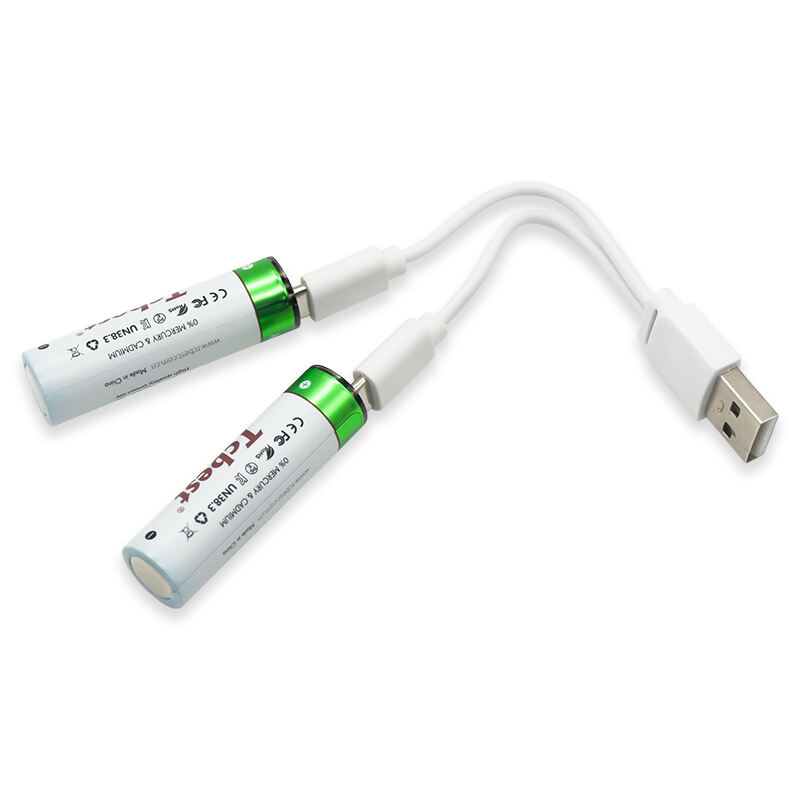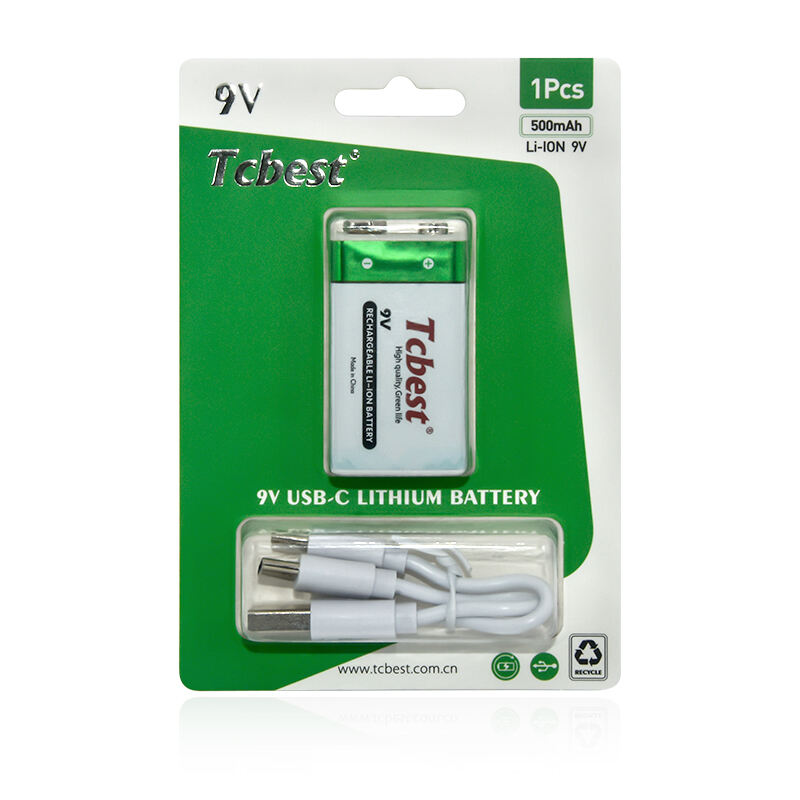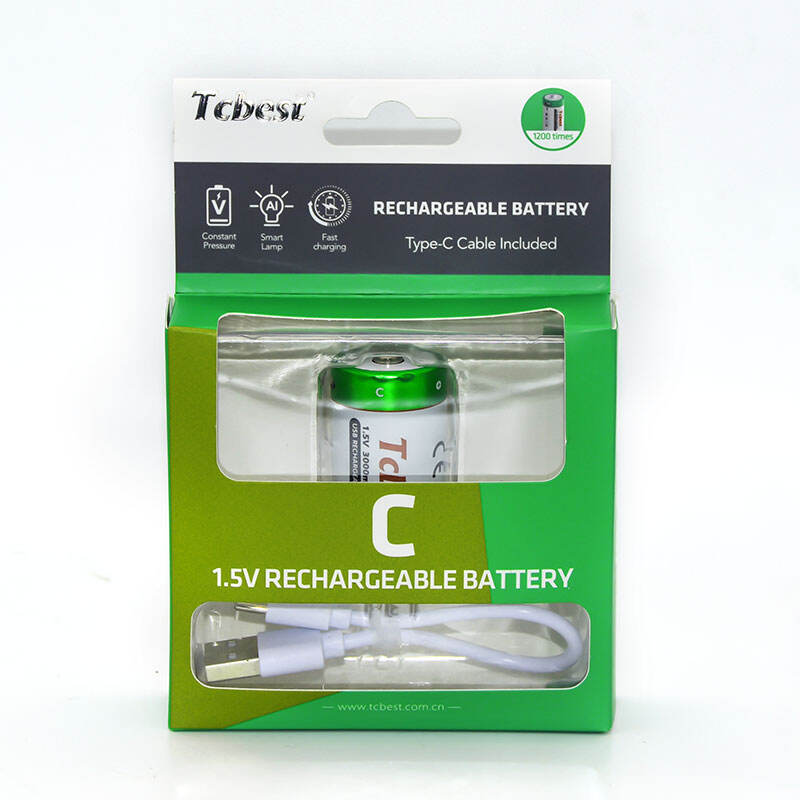battery usb rechargeable
USB rechargeable batteries represent a revolutionary advancement in portable power solutions, combining convenience with environmental responsibility. These innovative power cells feature built-in USB ports or specialized charging cases that connect directly to standard USB power sources, eliminating the need for separate charging devices. The technology employs advanced lithium-ion or NiMH chemistry, offering superior energy density and longer cycle life compared to traditional disposable batteries. Most USB rechargeable batteries maintain a stable voltage throughout their discharge cycle, ensuring consistent performance in various devices. They typically come in standard sizes like AA and AAA, making them compatible with a wide range of electronic devices while featuring integrated protection circuits that prevent overcharging, over-discharging, and short circuits. These batteries can be recharged hundreds of times, with each charge cycle taking approximately 2-4 hours depending on capacity. Modern versions often include LED indicators displaying charging status and remaining capacity, plus smart charging capabilities that optimize the charging process for maximum battery longevity.


